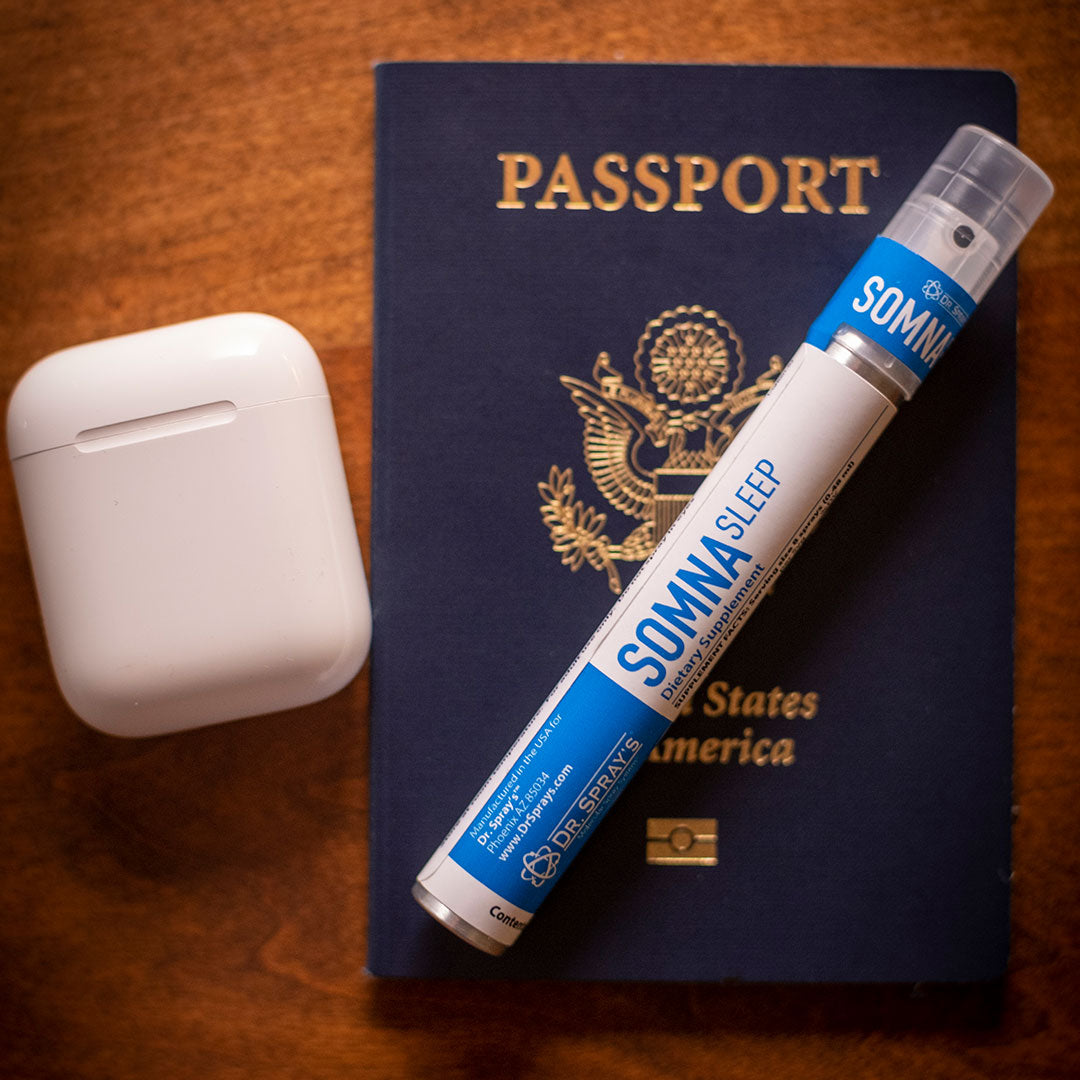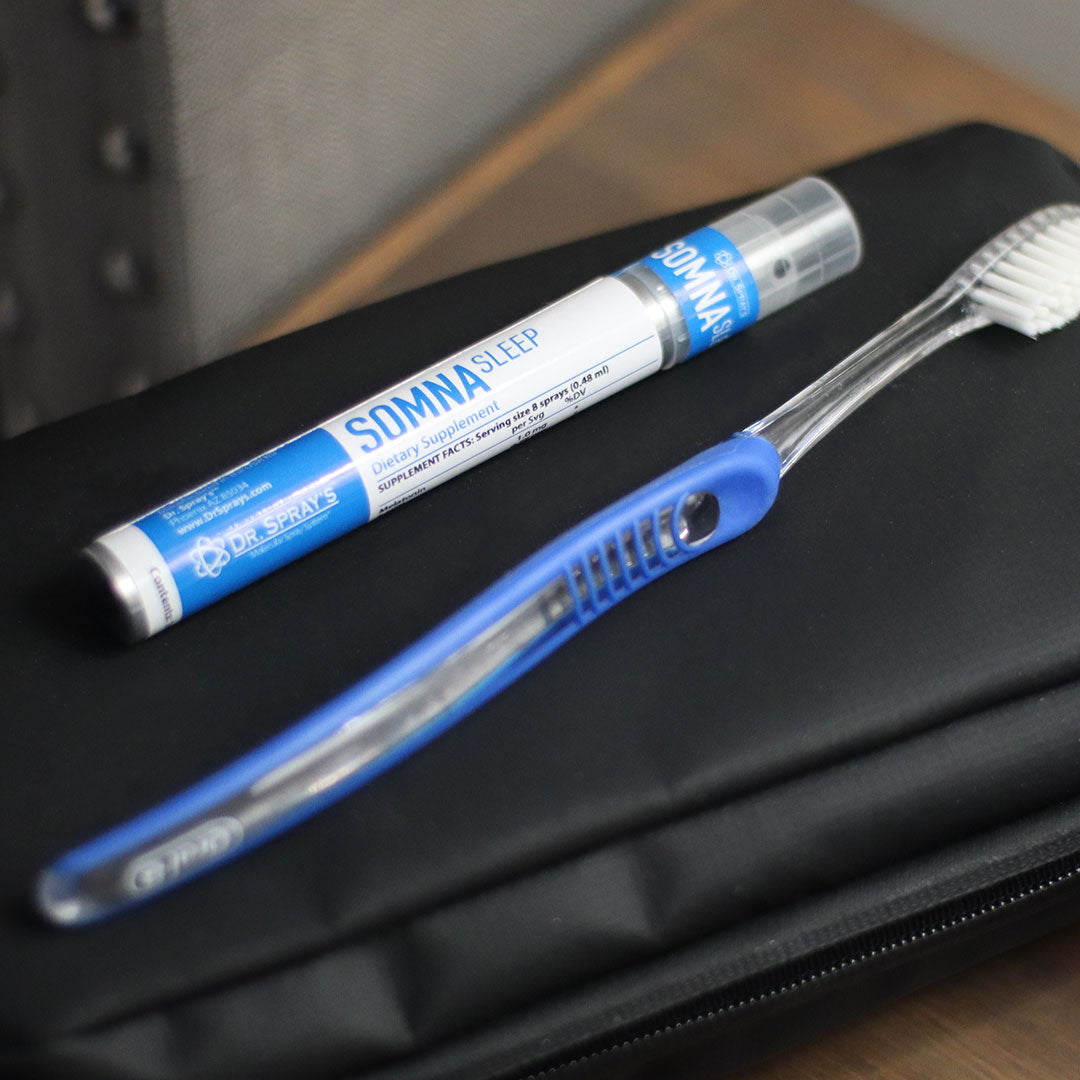How Can I Get My 10 Year Old To Sleep?
If you're struggling to get your 10 year old to sleep through the night, there are a few things you can try. First, establish a bedtime routine and stick to it as closely as possible. This means having your child wind down for 30 minutes to an hour before bed, during which time they should avoid screen time and instead do something calming like reading or writing in a journal. Once it's time for bed, make sure the room is dark and quiet and that your child is comfortable. If they still can't fall asleep, you can try letting them listen to calming music or nature sounds. With a little patience and effort, you should be able to help your child get the rest they need!
1. Establish a regular bedtime routine
A set bedtime routine will signal to your child that it's time to wind down for the night. This might include a bath, reading a book together, or writing in a journal. Keep the routine short and sweet - about 30 minutes - and make sure it's something your child actually enjoys.
2. Create a calm and comfortable sleeping environment
Where your child sleeps can make a big difference in how well they sleep. Make sure their bed is comfortable and their room is dark, quiet, and cool. Consider investing in blackout curtains or an eye mask to help them stay asleep through the night.
3. Cut back on screen time before bed
The blue light emitted from screens can disrupt our natural sleep/wake cycle, making it harder to fall asleep at night. limit screen time - including TV, phones, and computers - for at least an hour before bedtime. If your child uses electronics in their room, consider investing in a pair of blue light blocking glasses to help reduce the impact on their sleep.
4. Avoid caffeine
Just like adults, kids can be sensitive to caffeine. Avoid giving them caffeinated drinks - like soda and energy drinks - after lunchtime. And if they're really struggling to sleep, consider cutting out caffeine altogether.
5. Get them moving during the day
Exercise can help improve sleep quality, so make sure your child is getting plenty of physical activity during the day. A quick after-school run around the block or some time spent chasing the dog around the yard can make a big difference come bedtime.










